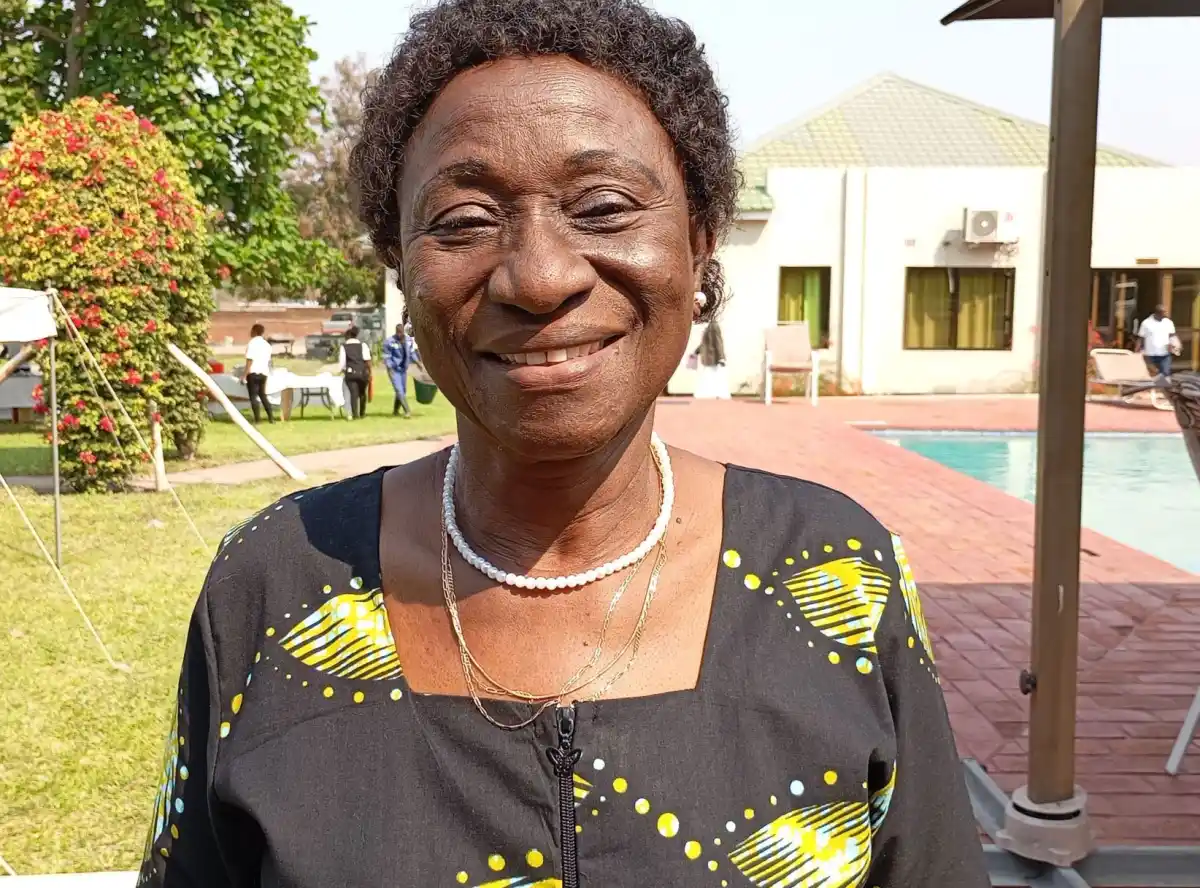

An official from the National Intelligence Service (NIS) has revealed several scenarios indicating that Malawi faces a terrorism risk similar to other African countries.
The official, who requested anonymity due to the sensitivity of his position, informed a recent meeting organised by the Public Affairs Committee (Pac) in Mangochi that NIS has uncovered several terrorism-related activities, including attempts to recruit young people by cells affiliated with the Islamic State of Iraq and the Levant (Isil).
He also presented communications and videos purportedly between individuals seeking to recruit young people into terrorist organisations, focusing on the Eastern Region.
In one video, the suspected recruiters are seen discussing the use of forests in the region for training purposes.
The NIS official pointed out the conviction of Ugandan national Mwenyi Abdullah in January last year as an example of a terrorism threat.
Abdullah was sentenced to nine years’ imprisonment and deportation for possessing a firearm and ammunition without a licence and for illegal entry into Malawi.
He had previously claimed he had come to Mangochi to open a tailoring shop.
“We discovered that he was linked to Isil and was on a mission to recruit young people before he was apprehended. He was found to be an active affiliate of Isil,” the NIS official said.
He added that Abdullah should have been charged under terrorism laws, but the necessary amendments to the Penal Code had not yet been made at that time.
The intelligence officer further warned that terrorists exploit mineral resources in a country and that the influx of foreign nationals into forests in Mangochi, such as Namizimu, raises concerns about terrorism activities.
“They seek resources to fund their activities and are always in search of money to buy ammunition. In our case, we know there is conflict in Cabo Delgado in Mozambique, which is close to our border in the Eastern Region and the threat of terrorists infiltrating into Malawi remains,” the official said.
He also cautioned that Malawi is not as safe as it once was and urged everyone to play their part in preventing terrorists from exploiting the country.
The Pac meeting aimed to promote a common understanding of the National Counter-Terrorism Strategy and related issues.
Malawi launched the strategy in October last year, in line with requirements set by the Southern African Development Community (Sadc) and the United Nations for member states to have such strategies.

Pac Chairperson Fr Patrick Thawale expressed concern that Malawians appear to be complacent about security issues, which he said puts the country at risk of terrorism.
Thawale noted that the global security landscape has changed and that terrorism is a serious threat to peace, security, economic development and social integration.
“No country is immune to the threat of terrorism. It poses fundamental challenges to Malawi, the Sadc region and the international community.
“It undermines core values such as the Constitution, the rule of law, respect for human rights, civilian protection, tolerance and peaceful conflict resolution,” he said.
Thawale then warned that, without diligent efforts from police, Immigration officials and others, what is currently considered a terrorism risk could escalate into actual attacks.
“Even general citizens must be cautious about visitors they receive. We have heard of individuals who come in the name of charity work, who, according to what has been presented, could be terrorists,” he said.
He further appealed to authorities to address warnings from various stakeholders regarding the practice of allowing entry without proper vetting.
Thawale referred to concerns raised by Sheikh Dinala Chabulika, publicity secretary of the Muslim Association of Malawi, which had previously warned authorities about allowing everyone to enter Malawi and engage in charity activities.
Chabulika said some individuals and organisations that enter the country under the guise of Islam do not genuinely represent the ideals of the religion.
“We have warned government officials before that not everyone who comes in the name of Islam is indeed a Muslim, but there are corrupt officials who dismiss our concerns.
“If we are not careful, this issue of terrorism will eventually get out of hand,” Chabulika said.
Several other participants, including Archbishop Thomas Msusa of the Blantyre Archdiocese of the Catholic Church, highlighted corruption as one of the major factors contributing to the entry of suspicious foreign nationals into the country.
Msusa warned that, with the intensification of the 2025 election campaigns, terrorist organisations might see an opportunity to fund political parties for potential gain if those parties come to power.
“These organisations look for businesses to fund their activities and sometimes do so by supporting political parties,” he said.
In an earlier presentation, Chairperson for the Malawi Peace and Unity Commission, Mary Nkosi, stressed that terrorism is a modern crime affecting many nations, including Malawi.
She described it as a complex crime that evolves constantly and requires a vast network to be fully executed.
“Therefore, combating terrorism requires nations, organisations, regional bodies, religious groups and local communities to work together,” Nkosi said.
She added that the commission has worked to strengthen the capabilities of borderland districts and communities to mitigate existing and potential conflicts through various interventions.
The Mangochi meeting was part of Pac’s peacebuilding activities aimed at promoting peace, funded by the United Nations Development Programme.





0 Comments